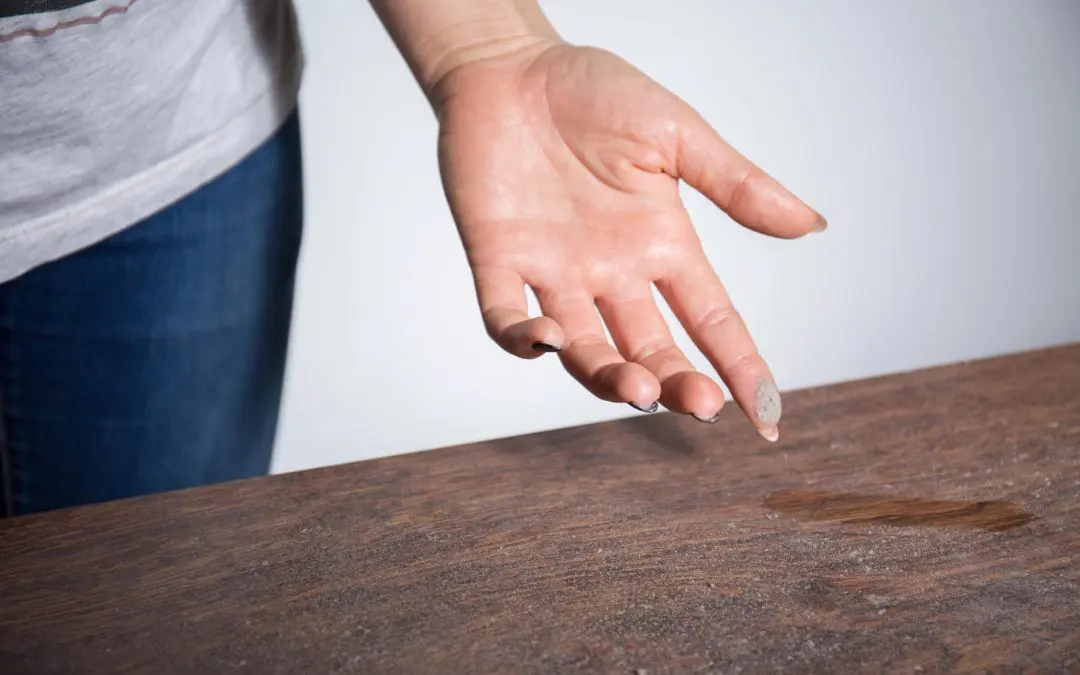Creating an allergy-free sanctuary in your home enhances comfort and prevents the sniffles, sneezes, and itchy eyes caused by common allergens. Whether it’s pollen, dust, pet dander, or mold, every step you take toward allergy-proofing your home can significantly improve your quality of life. Here’s how to make your home a haven for those with allergies.
Allergy-Proofing Your Home: Starting with the Air We Breathe
It all starts with the air. Investing in HEPA filters for your HVAC system can capture the tiniest particles, from pollen to pet dander. Regularly changing these filters, especially during high-allergy seasons, ensures they remain effective. Strategic placement of air purifiers in communal and sleeping areas can act as a second line of defense, maintaining the purity of your indoor air.
Minimizing Dust and Dander
Surface management is crucial. Reducing clutter tidies your space and eliminates dust traps. Opting for hardwood or tile floors minimizes the accumulation of allergens compared to carpets. Incorporate a weekly cleaning ritual that includes damp dusting and vacuuming with a HEPA-filter-equipped vacuum to keep surfaces pristine and breathable.
Keeping Pollen at Bay While Allergy-Proofing Your Home
During pollen season, a proactive approach is key. Keep windows closed on high-pollen days to prevent these invisible invaders from sneaking in. Thoroughly cleaning entryways and mats where pollen can hitch a ride on shoes and clothes also helps minimize its entry into your home.
Combatting Mold
Moisture control is synonymous with mold prevention. Dehumidifiers in mold-prone areas like basements and bathrooms help keep humidity levels in check, discouraging mold growth. Ensuring your kitchen and bathroom are well-ventilated can also prevent moisture and mold buildup.
Pet Allergy Management
Setting boundaries is helpful for homes with pets. Keeping pets out of bedrooms reduces exposure to pet dander. Regular baths and grooming for pets, coupled with frequent washing of their beds and toys, can significantly lower the presence of allergens.
Focus on Bedding While Allergy-Proofing Your Home
Sleeping areas are critical. Encasing your mattress and pillows in allergen-proof covers shields you from dust mites. Washing your bedding weekly in hot water kills mites and removes accumulated allergens, helping you sleep more comfortably.
Decor Decisions
Curtains and rugs can be beautiful but burdensome for allergy sufferers. Choosing easy-to-clean window treatments and washable rugs can dramatically reduce dust and allergens in your decor.
Knowledge is Power
Staying informed about local allergen levels helps you prepare for and mitigate high-risk days. Educating everyone in your home about these measures ensures a team effort in maintaining an allergy-proof environment.
Transforming your home into an allergy-proof fortress requires diligence and strategy. By following these guidelines, you can enjoy a cleaner, fresher home that welcomes everyone—especially those with allergies—to breathe a little easier.
FAQs About Allergy-Proofing
Is there a best practice for allergy-proofing a home with children?
In addition to the usual allergy-proofing steps, ensure toys are washable, avoid plush toys that gather dust, and use mattress and pillow protectors in children’s bedrooms. Regularly wash stuffed animals and use non-toxic cleaning products.
How can I tell if my air purifier is effective enough for my space?
Check the Clean Air Delivery Rate (CADR) on your air purifier; it should match or exceed the square footage of the room where it is used. Additionally, it should effectively filter out common allergens like pollen, dust, and pet dander.
What are some signs that my home needs allergy-proofing?
If you or your family members are experiencing frequent allergy symptoms like sneezing, coughing, watery eyes, or respiratory issues while at home, it might be time to consider allergy-proofing measures.
Are specific times of the year more crucial for allergy-proofing the home?
Yes, it’s important to reinforce allergy-proofing practices when pollen and mold spores are prevalent during seasonal changes, especially in spring and fall.
Jones & Cooper Home Inspections provides inspections to homebuyers and sellers in the Metro Louisville area. Contact us to schedule our services.

